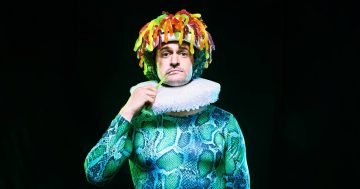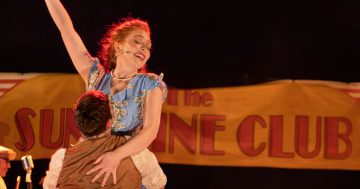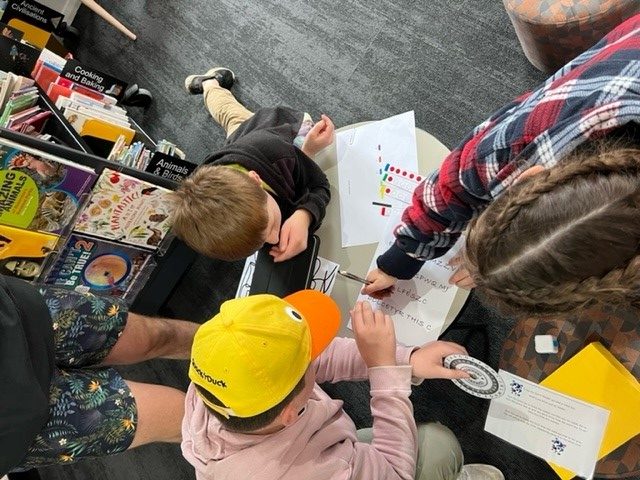
Escapees at work during Batlow Library’s October escape room. Photo: Supplied.
Once upon a time, the librarians at Batlow Library had set up morning tea for all the girls and boys only to spy the Very Hungry Caterpillar making a beeline for the goods.
In haste, they locked the morning tea away and hid the key. Now any children with rumbly bellies would have to solve a series of puzzles and clues to find the key to unlock the delicious treasure.
This was the adorable premise of Sarah Kynaston’s first “escape room”-style school holiday activation at Batlow Library.
An avid puzzler in her spare time, the library assistant says escape rooms are a fun indoor activity anyone can create in almost any setting and at virtually no expense.
Combining a bit of focus and a lot of fun, make-your-own escape rooms can be an excellent indoor activity when the weather isn’t nice.
Sarah says there are plenty of online resources when you need inspiration for clues, puzzles and riddles, but to start, all you need is a goal.
“The main thing is coming up with a storyline and working your way backward from the main goal,” she explains.
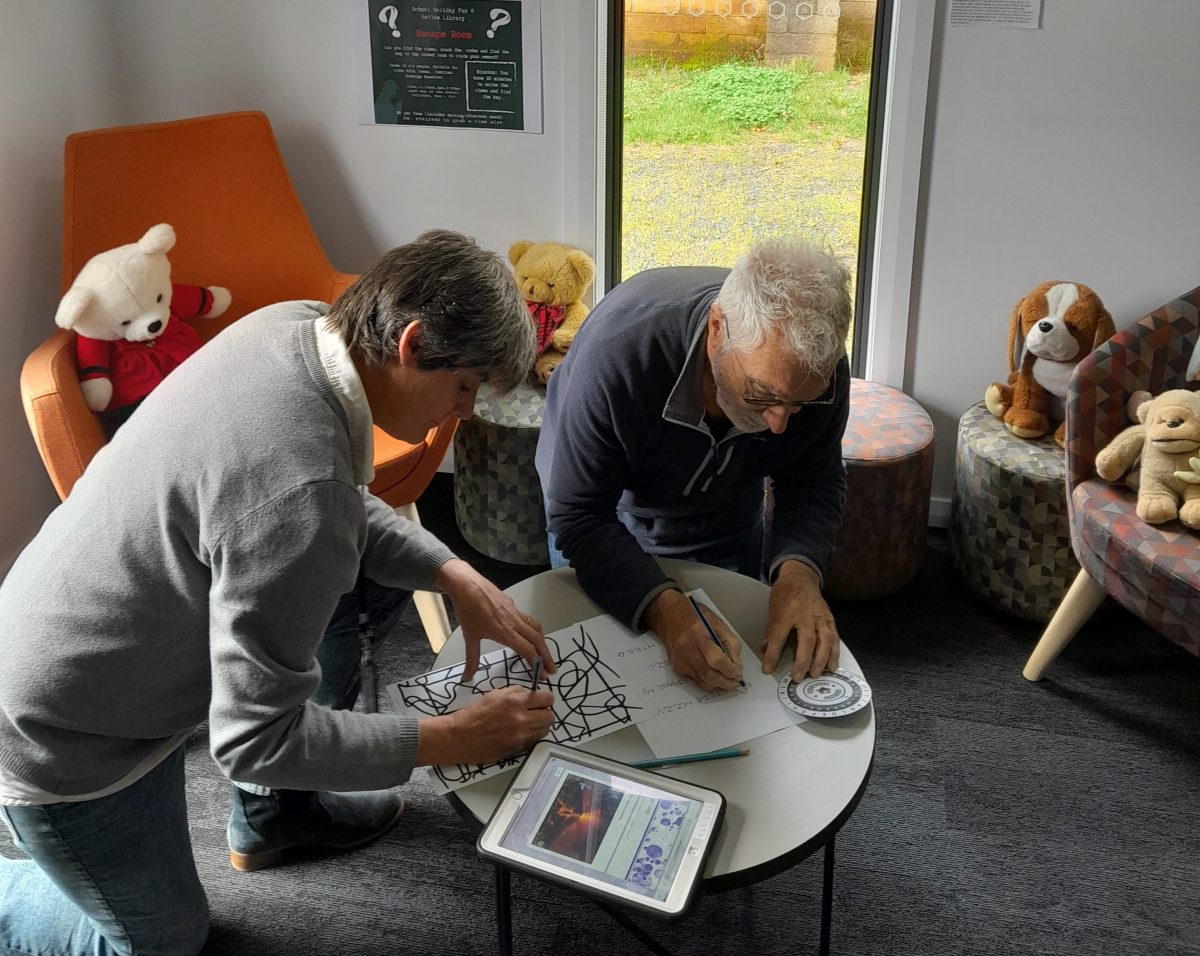
Batlow Library assistants Sarah Kynaston and Robert Beegling test out one of Sarah’s escape rooms. Photo: Batlow Library.
“The key is then not to be 100 per cent linear. Instead, aim for numerous threads that all mesh together to form the narrative so different people can work on different things simultaneously.
“Running one for a family at home can be similar to running one for a library – you still have to think of your audience and which bits which age groups can tackle.
“For example, things that require reading are probably for the older kids, but tactile smaller puzzles or finding things hidden around the room can be fun activities for younger kids, especially with a bit of guidance from an adult or older child.
“It’s also a good idea to run through it all yourself once you’re finished.”
Sarah’s current escape room at Batlow Library, suited to children in Year 6 and up, centres on the journal of “a mystery man of means”.
“You know, the kind of eccentric 1920s character you read about who travels the world,” she says.
“The end goal is to find his treasure and the only way to solve it is through a series of clues that would reveal a code word.”
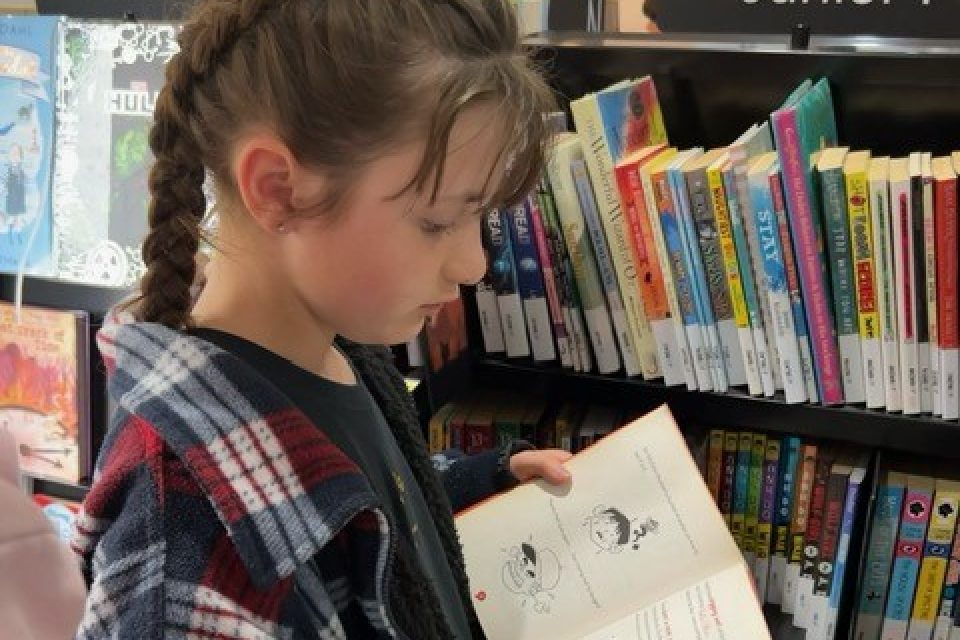
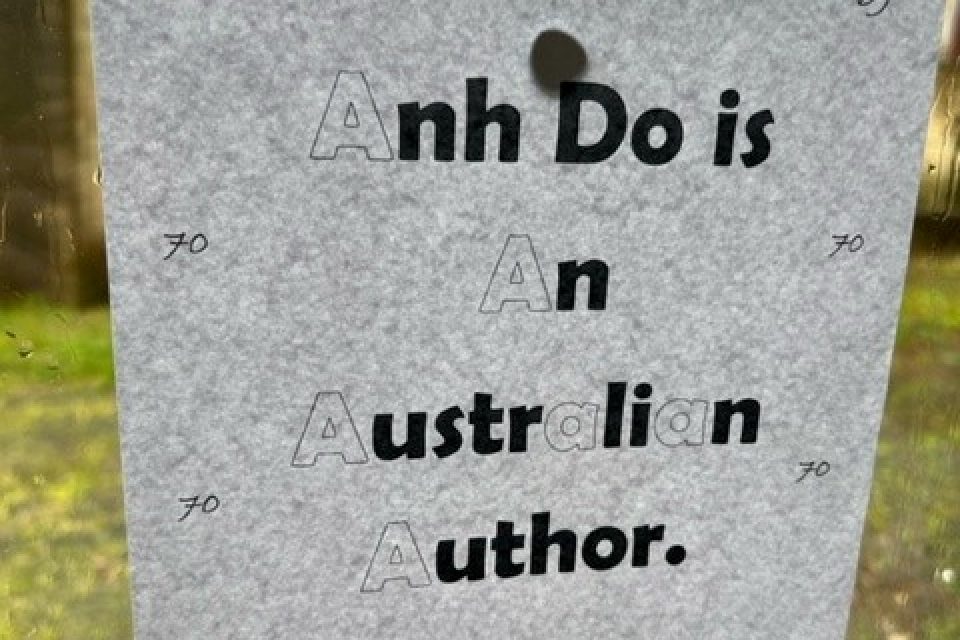
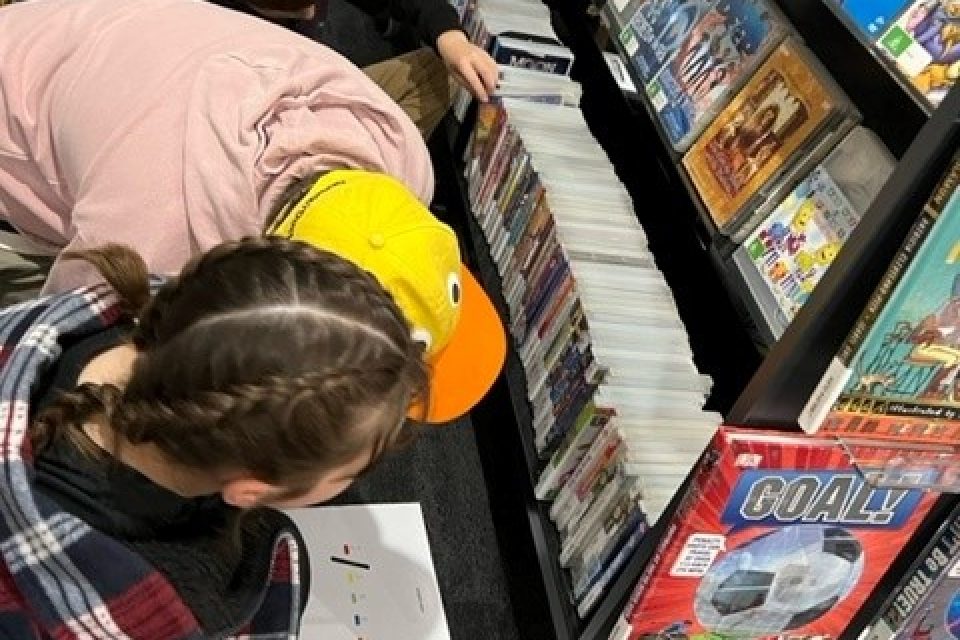
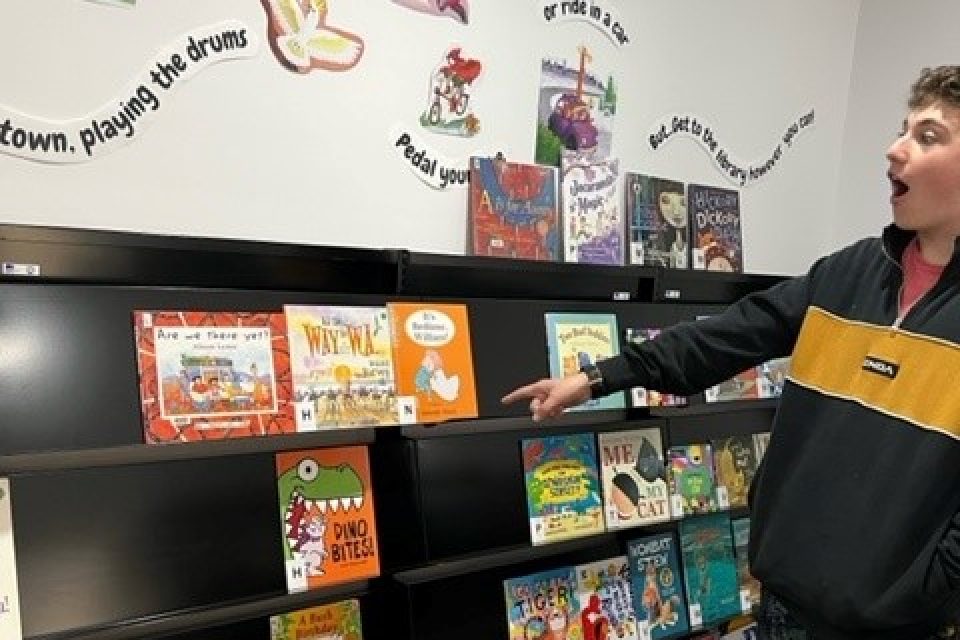
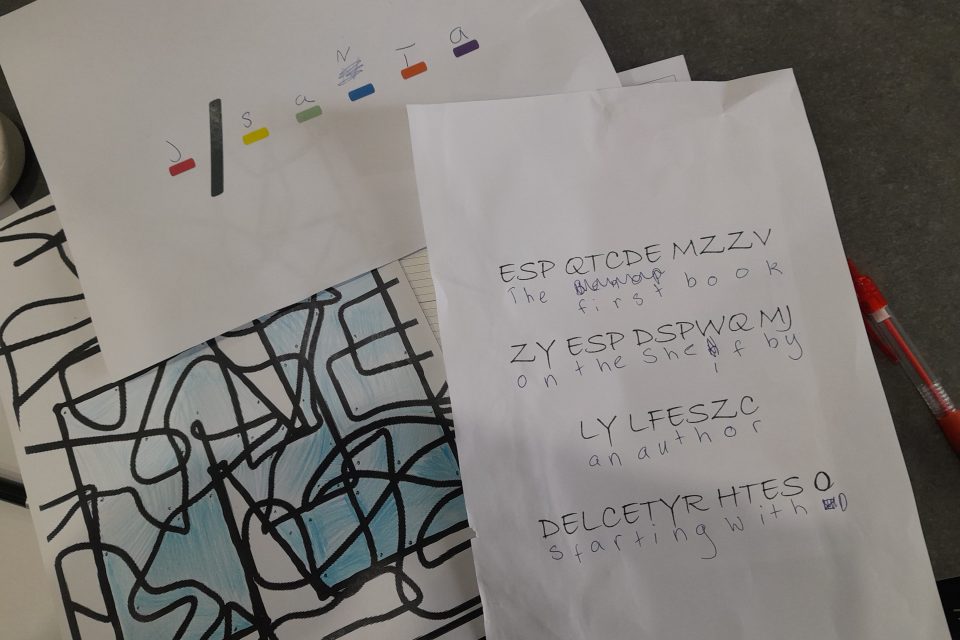
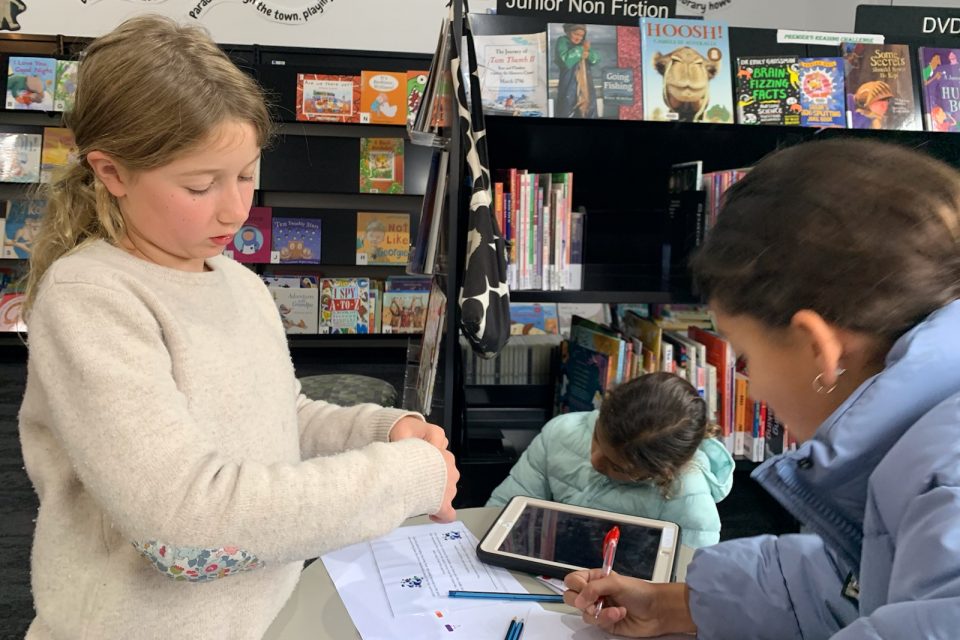
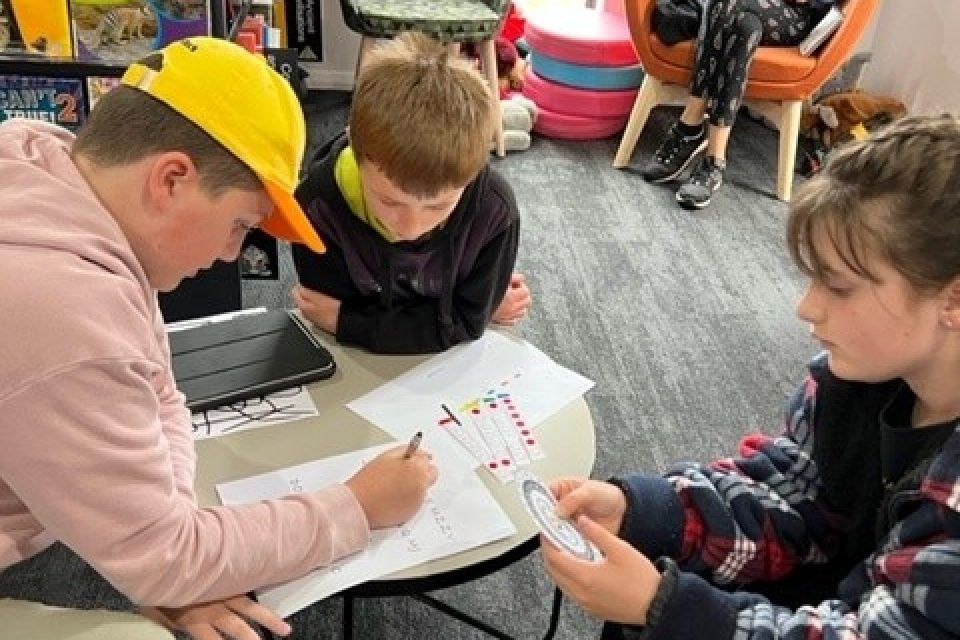
Some handmade “vintage” postcards, thrifted test tubes, a periodic table, maps, a fancy padlock complete with combination dial and other paraphernalia made it all look “sciencey and travely” but Sarah says while visual aids and props add a bit of fun, the first escape room relied only on printed or handwritten clues on paper, and was popular.
“You can also decide whether you want to provide clues and hints and how you’ll do that. In the library it’s pretty easy because we’re there and if the kids get really stuck, we might help them out.
“I find you can make it difficult or easy as you want – just so long as it’s a lot of fun.”
For more information on school holiday activities at Batlow Library and beyond, visit the Riverina Regional Library website.







